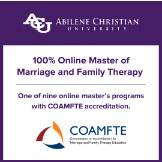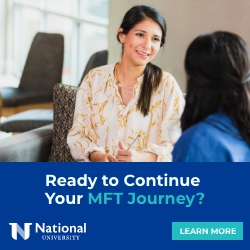TELETHERAPY RESOURCESAs therapists navigate the changes and disruptions caused by COVID-19, TAMFT has gathered the following list of resources and important information for you. Please note that the views, opinions, and resources included here do not necessarily reflect a TAMFT position, and not all resources have been thoroughly reviewed or vetted. We simply offer these resources as a compilation of items that may help you during this time. We encourage you to watch our Latest News page for updates as we learn more about telemental health requirements in Texas. Have a resource to share? Contact us with information about your teletherapy resource. Rules & Regulations & Updates:
Information/FAQs on Teletherapy
Courses
Individual Consulting
Platforms
Articles/PublicationsBarnett, J. E., & Kolmes, K. (2016). The practice of tele-mental health: Ethical, legal, and clinical issues for practitioners. Practice Innovations, 1(1), 53-66. Gifford, V., Niles, B., Rivkin, I., Koverola, C., & Polaha, J. (2012). Continuing education training focused on the development of behavioral telehealth competencies in behavioral healthcare providers. Rural and Remote Health, 12, 1-15. Inman, A. G., Soheilian, S. S., & Luu, L. P. (2018). Telesupervision: Building bridges in a digital era. Journal of Clinical Psychology, 75, 292-301. Lehaman, R. M., & Conceicao, S. C. O. (2010). Creating a sense of presence in online teaching. San Francisco, CA: Jossey-Bass. McClannon, T. W., Cheney, A. W., Bolt, L. L., & Terry, K. P. (2018). Predicting sense of presence and sense of community in immersive online learning environment. Online Learning, 22(4), 141-159. Scholl, M. B., Hayden, S. C. W., & Clarke, P. B. (2017). Promoting optimal student engagement in an online counseling courses. Journal of Humanistic Counseling, 56, 197-210. Vincenzes, K. A., & Drew M. (2017). Facilitating interactive relationships with students online. Distance Learning, 14(4), 13-22. Yates, A., Brindley-Richards, W., & Thistoll, T. (2014). Student engagement in distance-based vocational education. Journal of Open, Flexible, and Distance Learning, 18(2), 29-43. |





